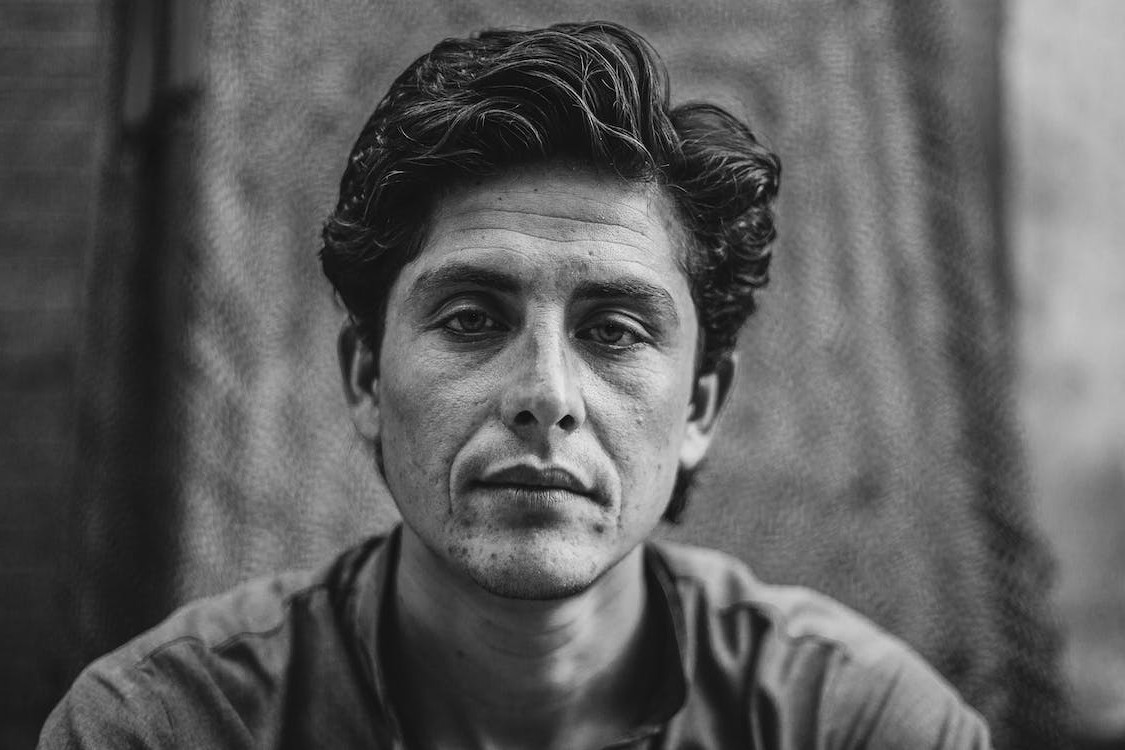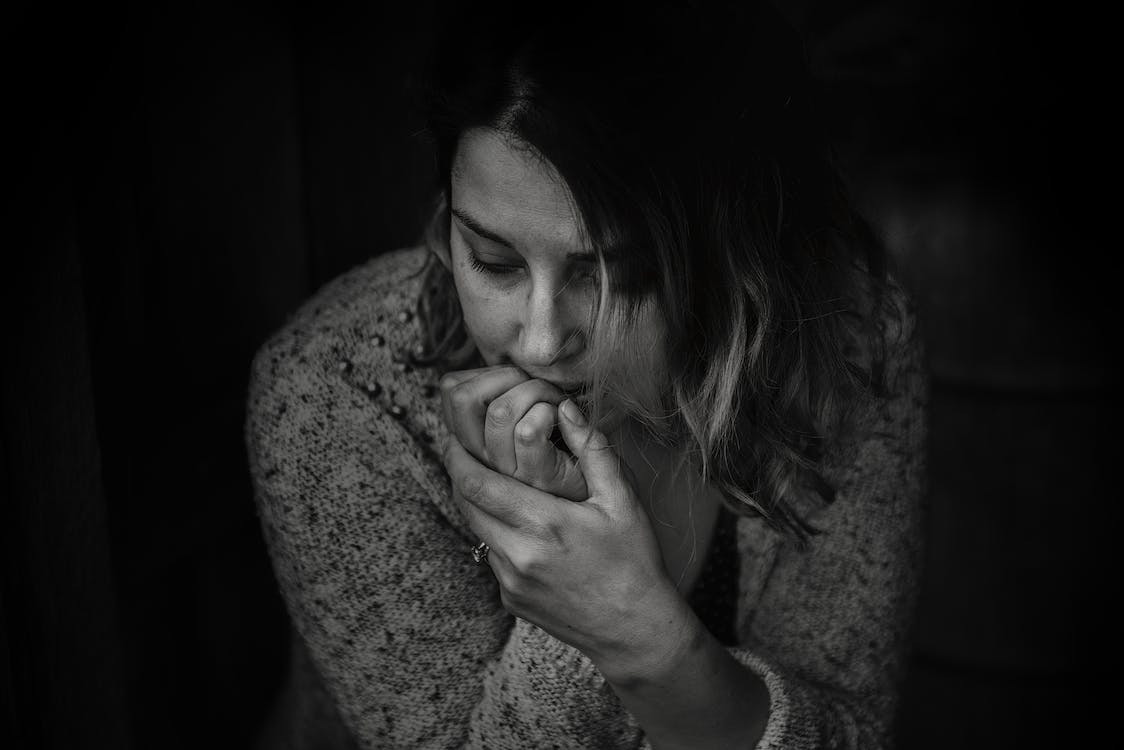Navigating the complex landscape of addiction recovery can be even more challenging when co-occurring mental health disorders are involved. Addressing both addiction and mental health concerns simultaneously is essential for a successful and lasting recovery. In this guide, we will explore the intricacies of treating co-occurring disorders, providing valuable insights and answers to frequently asked questions. By understanding the importance of integrated treatment, you can embark on a path of healing that encompasses both your addiction and mental health.
| Questions | Answers |
|---|---|
| What are co-occurring mental health disorders? | Co-occurring disorders refer to the presence of both addiction and mental health conditions. They are common among individuals seeking addiction treatment. |
| How do co-occurring disorders impact each other? | Co-occurring disorders interact and intensify one another, making it challenging to break free from the cycle of substance abuse. Treating both concurrently is crucial. |
| What are common co-occurring mental health disorders? | Common co-occurring disorders include anxiety disorders, depression, bipolar disorder, PTSD, and ADHD. |
| What are the benefits of integrated treatment? | Integrated treatment addresses addiction and mental health disorders simultaneously, ensuring comprehensive care and long-term success. |
| What therapeutic approaches are effective for co-occurring disorders? | Evidence-based therapies like CBT, DBT, and EMDR have shown effectiveness. Individualized treatment plans are tailored to address specific needs. |
| Is medication-assisted treatment beneficial for co-occurring disorders? | Medication-assisted treatment can be beneficial in managing symptoms of both addiction and mental health disorders. It is often used as part of a comprehensive treatment approach. |
| How does the treatment environment support individuals with co-occurring disorders? | Treatment centers provide a safe and supportive environment with specialized programs that integrate addiction and mental health therapies. They have professionals experienced in dual diagnosis treatment. |
| What role does family involvement play in the treatment of co-occurring disorders? | Family involvement is crucial in the treatment of co-occurring disorders, providing support, education, and improving communication within the family system. Family therapy sessions address family dynamics and promote healing and recovery. |
| How can individuals in South Africa access treatment for co-occurring disorders? | In South Africa, various treatment centers, including Changes Rehab, offer specialized programs for individuals with co-occurring disorders. Seeking professional help is key to accessing the necessary resources and support. |
Treating co-occurring mental health disorders requires a personalized and comprehensive approach. By incorporating these additional examples of treatment modalities into your recovery plan, you can address the complexities of both addiction and mental health, increasing your chances of sustained recovery and overall well-being.
Examples of Treatment Approaches for Co-occurring Mental Health Disorders:
Integrated Dual Diagnosis Treatment
Integrated Dual Diagnosis Treatment is a comprehensive approach that addresses both addiction and mental health disorders simultaneously. It involves a coordinated team of professionals, including therapists, psychiatrists, and addiction specialists, who work together to develop a personalized treatment plan. This approach combines evidence-based therapies, medication management, and support groups to provide a holistic and integrated approach to recovery.
Trauma-Informed Care
Trauma-informed care recognizes the impact of past traumatic experiences on mental health and addiction. Many individuals with co-occurring disorders have experienced trauma, such as abuse, neglect, or violence. Trauma-informed care focuses on creating a safe and supportive environment that emphasizes trust, empowerment, and collaboration. Therapies like Trauma-Focused Cognitive Behavioral Therapy (TF-CBT) or Eye Movement Desensitization and Reprocessing (EMDR) can help individuals process and heal from trauma, supporting their recovery journey.
Peer Support Programs
Peer support programs play a vital role in co-occurring disorder treatment. These programs, such as 12-Step groups like Alcoholics Anonymous (AA) or SMART Recovery, provide individuals with a supportive community of peers who understand their experiences. Peer support groups offer a platform for sharing, learning, and gaining insights from others who have faced similar challenges. The camaraderie and understanding within these groups can foster a sense of belonging, reduce feelings of isolation, and provide ongoing support in maintaining recovery.
Holistic Therapies
Holistic therapies focus on treating the whole person – mind, body, and spirit. These therapies, such as yoga, meditation, acupuncture, and art therapy, complement traditional treatment approaches by promoting relaxation, stress reduction, and emotional healing. Engaging in these activities can enhance your overall well-being and support your recovery journey.
Psychopharmacology
Psychopharmacology involves the use of medications to manage and stabilize mental health symptoms in conjunction with addiction treatment. Psychiatrists specializing in dual diagnosis treatment can prescribe medications that address specific mental health disorders, such as antidepressants, mood stabilizers, or anti-anxiety medications. Psychopharmacology can help alleviate distressing symptoms and support your recovery process.
Continuing Care and Aftercare
Recovery is a lifelong journey, and ongoing support is essential. Continuing care and aftercare programs provide you with the necessary tools and resources to maintain your recovery after completing a formal treatment program. These programs may include ongoing therapy, support group meetings, sober living arrangements, and access to community resources. Continuing care and aftercare can help you navigate the challenges of post-treatment life and maintain a healthy and balanced lifestyle.
In your journey of treating co-occurring mental health disorders in addiction recovery, remember that you are not alone. The path to healing is unique for each individual, and it requires commitment, resilience, and the willingness to seek the help you need. By addressing both addiction and mental health in a comprehensive and integrated manner, you are taking a significant step towards reclaiming your life and achieving long-term recovery.
As you continue on your lifelong journey of addiction recovery, keep in mind the words of Nelson Mandela: “It always seems impossible until it’s done.” The road ahead may be challenging at times, but with the right support, treatment, and determination, you have the power to overcome obstacles and live a fulfilling life free from the grip of addiction.
Embrace the possibilities that lie before you. Seek professional guidance, surround yourself with a supportive network, and never underestimate the power of your own resilience and inner strength. Remember, change is possible, and a brighter future awaits you.
As experts in addiction treatment, Changes Rehab is here to support you every step of the way. Reach out for the help and guidance you deserve, and let us be a part of your journey towards lasting recovery. You have the power to rewrite your story and create a life filled with hope, healing, and happiness.



